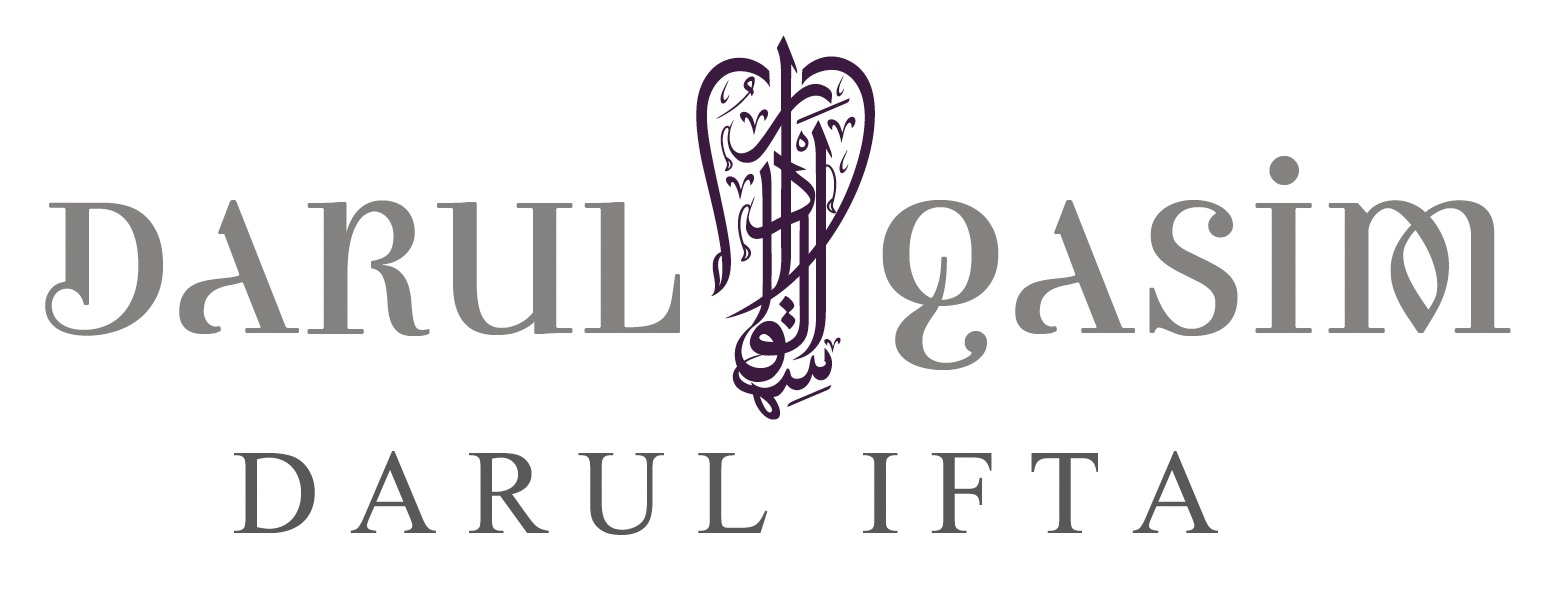ʿUshr in non-Muslim Lands
Question
Asalaamu Alaikoom,
What are the stipulation(s) on paying zakaah on an agricultural crop such as honey is/are?
Throughout the entire year, we harvest around 5000 to 6000 pounds. It is over the months of June through November that we are consistently harvesting. It is then stored and bottled as needed for distribution. The exact amount is difficult to calculate but can be roughly estimated.
We also harvest things such as bee pollen, bees wax, etc. The Beeswax is an item that can be sold but not necessarily consumed. We harvest around 40 lbs of bee pollen and 100 pounds of beeswax each year. I'm not sure if these would require zakaah being paid on as well.
In the past, when my zakaah was to be tallied, I would take the value of the current stock I had and add it to the other savings/investments I had. However, I came across something that seemed to indicate that zakaah is to be paid on crops as they are harvested.
Also, may I ask how I should calculate zakaah on honey that has been stored for longer than a year?
JazakmAllahu khairun
Answer
Waʿalaykum Salām wa Raḥmat Allāh wa Barakātu-h.
In the name of Allah, The Most Gracious, The Most Merciful.
The method you have been following up to this point is correct. At the end of the zakat year, simply add the honey to your zakatable amount based upon the market value. To be safe, overestimate the honey amount. If you intend to sell bee pollen and beeswax, you must add them to your zakat also.
ʿUshr is a form of tax that relates to a specific legal category of land. It is given for agriculture and is fixed at 10% and 5% depending upon the method of irrigation. Because ʿushr relates to the land in question know that there is noʿushr in non-Muslim lands.[i]
And Allah knows best.
[i] Shams al-Aʿimmah al-Sarakhsī, Sharḥ Siyar al-Kabīr, 1st ed. ed. Dr. Abī ʿAbd Allāh Muḥammad Ḥasan Muḥammad Ḥasan Ismāʿīl al-Shāfiʿī (Beirut: Dar al-Kutub al-ʿIlmiyyah, 1417/1997), 5:306-307.
ولو أن عسكرا من المسلمين لهم منعة وعزة دخلوا أرض الحرب فأقاموا فيها حينا حتى زرع منهم ناس زروعا فأدركت زروعهم، فحصدوها وأخرجوها إلى دار الإسلام، فإن كان البذر الذي بذروه من بذر لهم أدخلوه من أرض الإسلام، فذلك الزرع كله لهم لأن العشر والخراج إنما يجب في أراضي المسلمين، وهذه أراضي أهل الحرب، وأراضي أهل الحرب ليست بعشرية ولا خراجية
Ibn ʿĀbidīn, Radd al-Muḥtār, 2nd ed. (Egypt: Sharikat wa Maṭbaʿat Muṣṭafā al-Bābī al-Ḥalabī and Children, 1386/1966), 2:319-320.
[تنبيه] قال في فتح القدير: قيد بالخراجية والعشرية ليخرج الدار فإنه لا شيء فيها لكن ورد عليه الأرض التي لا وظيفة فيها كالمفازة إذ يقضي أنه لا شيء في المأخوذ منها وليس كذلك فالصواب أن لا يجعل ذلك لقصد الاحتراز بل للتنصيص على أن وظيفتها المستمرة لا تمنع مما يوجد فيهما. اهـ. وأجاب في النهر بما يشير إليه الشارح وهو أنه يصح جعله للاحتراز عن الدار ويعلم حكم المفازة بالأولى؛ لأنه إذا وجب في الأرض مع الوظيفة فلأن يجب لا في الخالية عنها أولى. اهـ. وأقول: يمكن الجواب بأن المراد بالعشرية والخراجية ما تكون وظيفتها العشر أو الخراج سواء كانت بيد أحد أو لا فتشمل المفازة وغيرها بدليل ما قدمناه عن الخانية من أن أرض الجبل عشرية فيكون المراد الاحتراز بها عن دار الحرب، ويدل عليه أنه في متن درر البحار عبر بمعدن غير الحرب فعلم أن المراد معدن أرضنا ولهذا قال القهستاني بعد قوله في أرض خراج أو عشر: الأخصر في أرضنا سواء كانت جبلا أو سهلا مواتا أو ملكا. واحترز به عن داره وأرضه وأرض الحرب اهـ. ثم رأيت عين ما قلته في شرح الشيخ إسماعيل حيث قال: ويحتمل أن يكون احترازا عما وجد في دار الحرب فإن أرضها ليست أرض خراج أو عشر والمراد بأرض الخراج أو العشر أعم من أن تكون مملوكة لأحد أو لا صالحة للزراعة أو لا فيدخل فيه المفاوز وأرض الموات فإنها إذا جعلت صالحة للزراعة كانت عشرية أو خراجية اهـ.
Mawlana Anwar Shāh Kashmīrī, ʿal-Arf al-Shadī, ed. Maḥmūd Shākir (Beirut: Dār īḥyāʾ al-Turāth al-ʿArabī, 1425/2004), 2:110.
واعلم أن أراضينا في هذا العصر ـ أي أراضي الهند ـ لا عشر فيها في شيء لأنها أراضي دار الحرب وهكذا حصل لي من كتب الفقه
Mufti ʿAzīz al-Raḥmān, Fatāwā Dār al-ʿUlūm Deoband, 1st ed. (Karachi: Dār al-Ishāʿat, 1986), 6:162-163.
